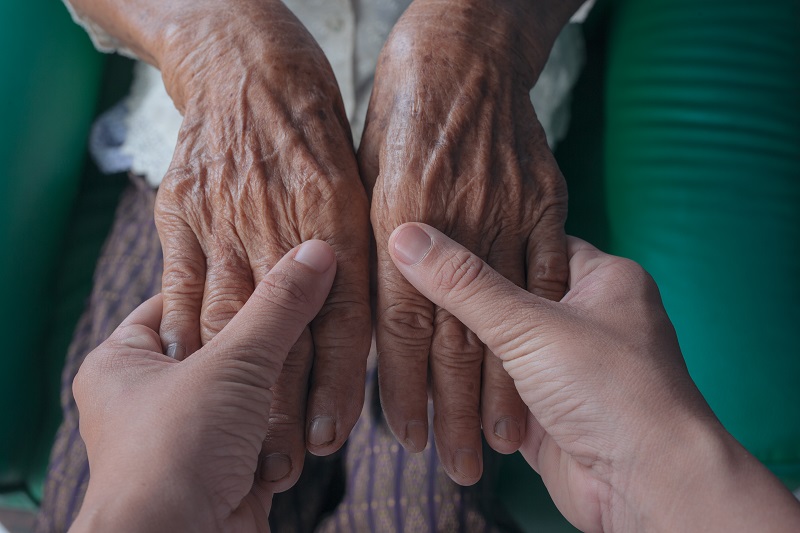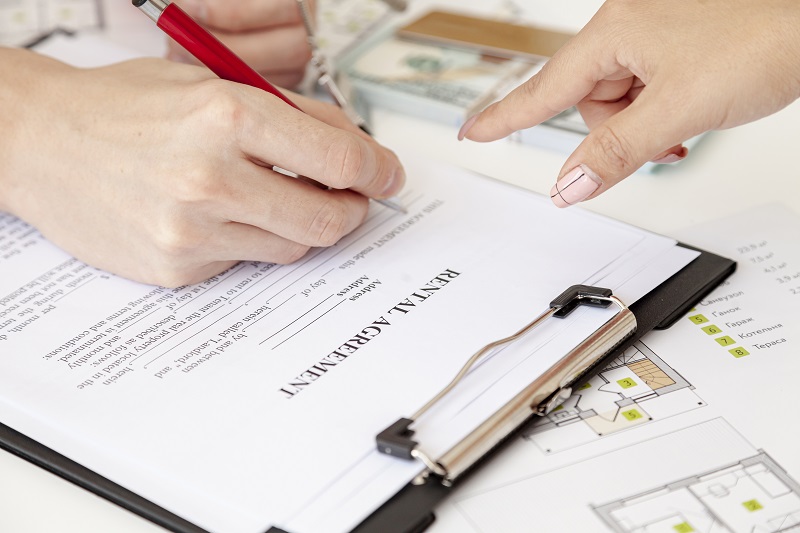The Buyt Desk
Once a person becomes old, he or she starts suffering from physical inability, loss of mental ability, and more problems. This kind of situation demands enhanced healthcare needs and essential financial support if they’re not earning anymore. To provide better provisions for the parent’s and senior citizens’ maintenance and welfare, the Ministry of Law And Justice initiated legislation “The Maintenance and Welfare of Parents and Senior Citizens Act, 2007”, published on December 31, 2007.
According to this act, an individual who is an Indian citizen and is 60 or more years old would be considered a senior citizen. The act makes it a lawful responsibility of children and heirs to provide the necessary maintenance to parents and senior citizens through monthly allowance.
Who can claim maintenance under section 4 of this act?
According to the Act’s section 4, a parent or a senior citizen who finds difficulty in maintaining himself from his own property or own income is entitled to claim maintenance. The eligible candidates can do so against his children (one or more) ensuring they are not minors. However, if they don’t have any child, they can claim maintenance against their relative (any legal heir not being a minor).
Significance of a Senior Citizen Act
The Act is a fast and inexpensive process to get monthly maintenance for senior citizens and parents. In India, parents are provided the same respect as given to God. Their care, protection, and welfare are given the highest importance and are considered a priority for children. But, the scornful old joint family system and traditional values have just changed this principle.
In the present day, so many senior citizens and parents either have to live alone or are abandoned completely with not enough financial, medical, emotional, and social support. Many parents are even dealing with verbal and physical abuse from their own family members.
According to a report from the National Commission on the country’s population, the percentage of elderly people in the population is believed to increase to 12.4% by 2026. So, there is a significant need for a senior citizen act that provides them with the necessary life and helps in living a comparatively better life.
Life and property protection of senior citizens
When a senior citizen has transferred his movable or immovable property as a gift or other similar transfer after the beginning of the act, but the circumstance that a transferee shall give him essential facilities and take care of the physical needs, is also linked with the transfer. In the situation when that transferee fails or denies doing those things, that property transfer shall be considered to have been made under influence, by fraud, or coercion. The tribunal can even announce that transfer as void.
Before the launch of this initiative, the only solution that senior citizens or parents had in those situations was to go to court. They ask the court for the maintenance and welfare of the children to whom they have transferred their own property. But, later that property would be the special property of the transferee. The senior citizen can’t do anything because they had no authority over that property. Thanks to this Act helps a parent and senior citizens reclaim their own property from the transferee.
Alongside parent or grand-parent, against their children who’re not minor and a childless senior citizen against their relative mentioned in clause (g) of section 2, the children’s or relative’s obligation, based on the situation, to maintain senior citizens increases to that citizen’s requirements to let them have a normal life.
The children’s responsibility to maintain their parents extends to either the father or mother or both parents’ requirements to let their parents have a normal life.
Senior citizens who have more than one relative permitted to get their property, the maintenance shall be given by that relative in the share in which they would become heir of the property.







